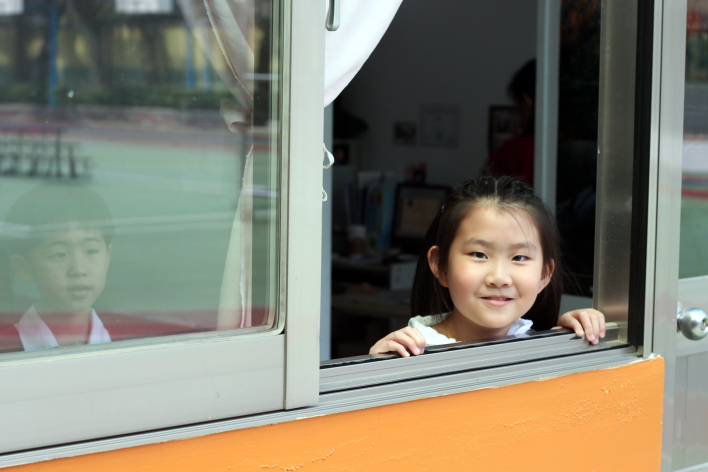‘Abdu’l-Bahá and Courage
 Among the many virtues and spiritual qualities explained and discussed by ‘Abdu’l-Bahá, courage ranks, in my opinion, as one of the most vital qualities that each person should acquire and perfect.
Among the many virtues and spiritual qualities explained and discussed by ‘Abdu’l-Bahá, courage ranks, in my opinion, as one of the most vital qualities that each person should acquire and perfect.
Why?
When we consider other virtues—truthfulness, trustworthiness, rectitude of conduct, kindness, and so on—we can imagine how these virtues can be reflected in our lives. This, no matter how perfectly we can imagine how we could put these virtues into practice, remains in the realm of theory.
Courage lends assistance to our carrying out these other virtues, especially when we live in an environment that does not foster, whether actively or passively, the development of such virtues. It is a catalyst to our spiritual growth, in that it pushes us to act in accordance to what we believe, helping us to exemplify the revered admonition: “Let deeds, not words, be your adorning”.[1]
Reflecting on the virtue of courage in the context of ‘Abdu’l-Bahá’s travels to the West, we find that He speaks of courage almost entirely while speaking of women. ‘Abdu’l-Bahá explains that women possess “greater moral courage than the man”[2] and that they “surpass men in courage”[3].
Courage being the catalyst for displaying virtues and being more expressed in women finds its apex in ‘Abdu’l-Bahá’s statement on the education of women:
“Furthermore, the education of women is of greater importance than the education of men, for they are the mothers of the race, and mothers rear the children. The first teachers of children are the mothers. Therefore, they must be capably trained in order to educate both sons and daughters.”[4]
As women are the primary educators of their children, they are superbly suited to train their children to exemplify the virtues and spiritual qualities that they are also taught by religion. They learn from their mother what it means to be trustworthy in a community that promotes cheating in various forms; what it means to show generosity in a culture that prides itself in pursuing self-interest and greed; what it means to forgive within a society that regards mercy a weakness. The children also learn that these virtues can be acquired, perfected, and demonstrated with courage, which the mother is innately more familiar with than the father.
It seems to me that courage is a chief ingredient in the construction of a new world; a world that each one of us, woman or man, have the duty and privilege to build. The reason for this is that it takes not only the knowledge of the constituent elements of a new world, but also having the will empowered by courage to translate these ideas, concepts, and principles into reality. ‘Abdu’l-Bahá prophetically states: “Until the reality of equality between man and woman is fully established and attained, the highest social development of mankind is not possible.”[5]
This demands the courage of men!
References:

